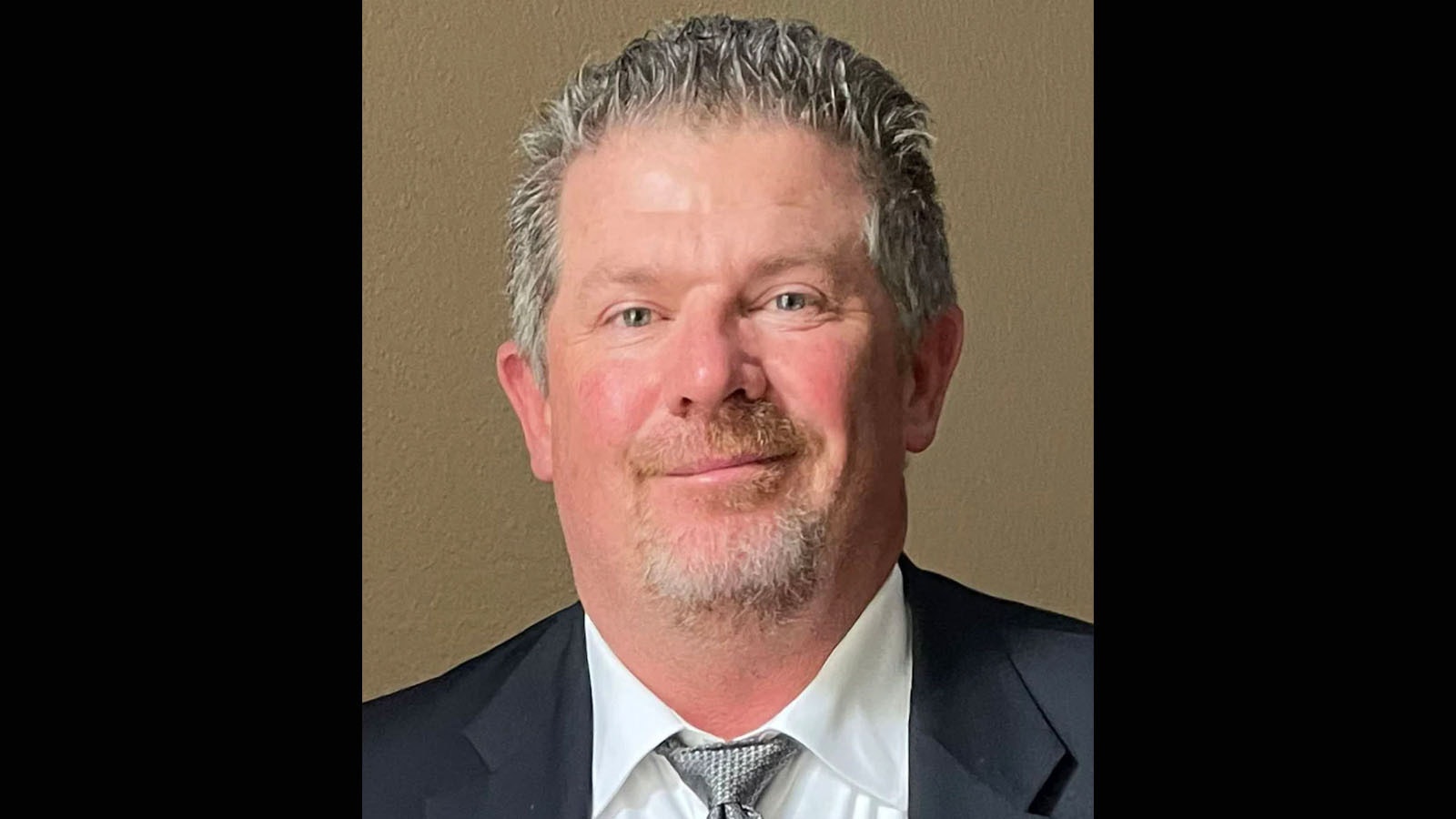A divided Wyoming Supreme Court has called for the law license of a former Teton County deputy prosecutor to be suspended for three years after finding he violated the rules of professional conduct for attorneys.
Three members of the court voted only to suspend the license of Becket Hinckley, while two others, including Chief Justice Kate Fox, argued unsuccessfully that Hinckley should be barred from practicing law completely.
“Given the number of rule violations, their severity and pattern, Mr. Hinckley’s pervasive dishonesty, and the weighing of the aggravating and mitigating factors, I believe that the appropriate sanction is disbarment,” Fox wrote in a dissent to Wednesday’s ruling.
The ruling stems from a hearing by the Board of Professional Responsibility, the organization tasked with reviewing ethics complaints against attorneys, conducted into complaints that Hinckley violated rules of conduct while prosecuting Joshua Black on charges of aggravated assault and battery in a 2014 incident involving a woman who was severely beaten.
Black was found guilty by a jury, but his conviction was overturned when the Supreme Court ruled that Hinckley committed prosecutorial misconduct in the trial by personally vouching for the law enforcement officers involved in the case, making remarks to “inflame the passion” of jurors and making personal attacks on a defense attorney.
The BPR recommended that Hinckley lose his right to practice law because of violations of a number of rules of professional conduct in the case, including a failure to respond to motions from defense attorneys, failing to comply with court deadlines, being chronically late in responding to motions and failure to adequately investigate Facebook and cellular phone records.
While the BPR argued that Hinckley should lose his license to practice law, the majority of the court, in an opinion written by Justice Keith Kautz, said there was no evidence that Hinckley acted to obtain a benefit for himself or the State of Wyoming, his client in prosecutions.
“The appropriate sanction for Mr. Hinckley’s violations of (rules of professional conduct) is suspension because, although he acted knowingly, there was no showing he acted with a requisite specific intent,” the majority’s opinion said.
However, Fox, joined in her dissent by retired Justice Michael Davis, argued in part that because Hinckley misrepresented facts to the trial court in Black’s trial, he should be disbarred.
Fox referred specifically to Hinckley’s comments on his efforts to obtain Facebook and cell phone records for the case.
“Mr. Hinckley’s representations do not reflect the candor to a tribunal that we must expect and demand of our attorneys,” the dissent said.





